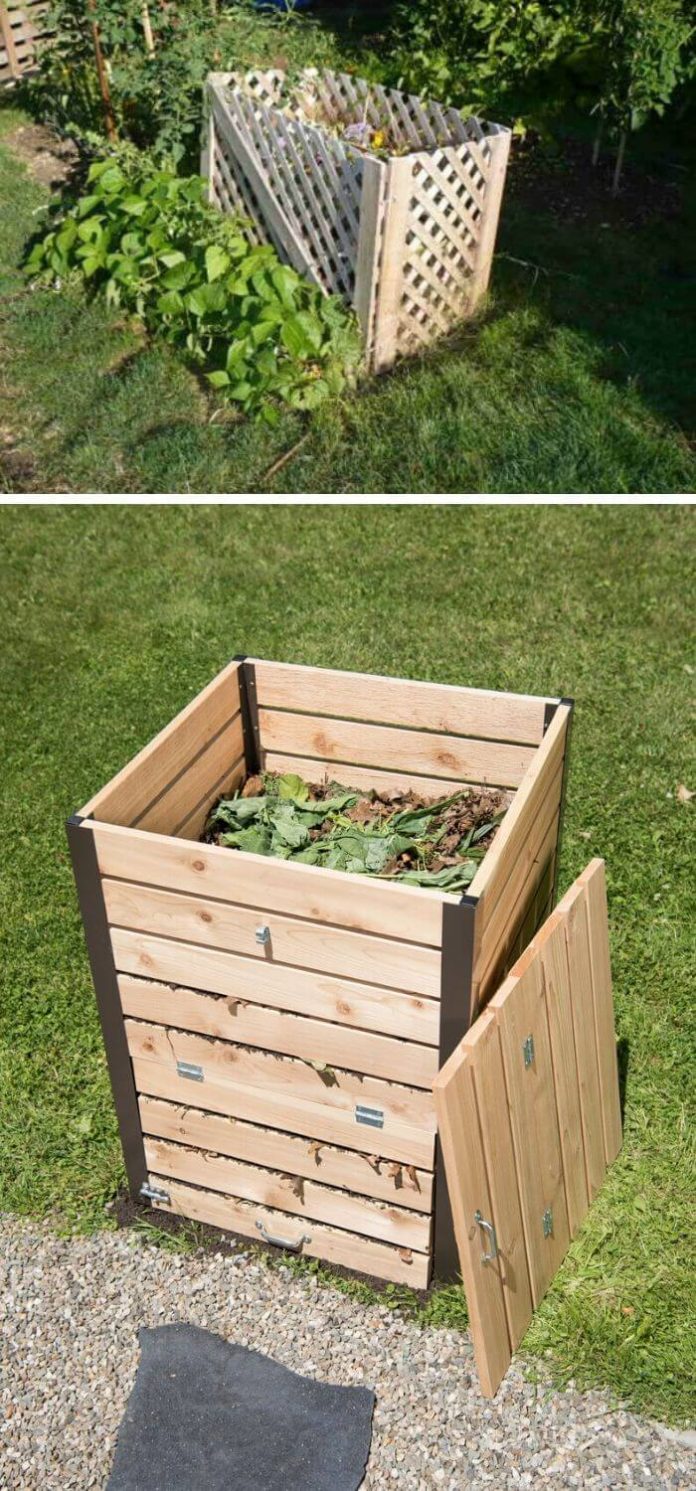DIY Compost Bins for Small Backyards

DIY Compost Bins for Small Backyards: Turn Waste into Gold!
Ever felt guilty about tossing those banana peels or coffee grounds in the trash? You're not alone! But what if I told you, you could turn that waste into black gold for your garden? Even in a small backyard, DIY compost bins are totally doable. Let's dive in!
Why Bother with Composting?
Composting isn't just for those with massive gardens. It's an eco-friendly gardening practice that reduces waste and enriches your soil. Plus, it's fascinating to see how those apple cores transform into nutrient-rich humus.
Getting Started: Small Space Composting
Don't let a small backyard deter you. Small space composting is totally possible. First, you'll need a bin. You can DIY one from pallets, plastic storage bins, or even an old trash can. Just ensure it's well-aerated.
DIY Garden Projects: Building Your Bin
Pallet Compost Bin: Grab 4-5 pallets, secure them with zip ties or hinges, and voila! You've got a compost bin.
Plastic Storage Bin: Drill aeration holes in a plastic bin, and it's ready to go. Easy peasy!
Trash Can Composter: Turn an old trash can into a composter by drilling holes and securing the lid with bungee cords.
Composting Tips for Urban Spaces
Urban composting comes with its unique challenges, but fear not! Here are some tips:
- Keep it tidy: Neighbors won't appreciate a smelly, messy compost heap. Keep your bin tidy and odor-free.
- Balance browns and greens: 'Greens' are nitrogen-rich materials like food scraps. 'Browns' are carbon-rich materials like dry leaves. Aim for a 1:1 ratio.
- Aerate regularly: Turn your compost with a pitchfork or shovel to keep it aerated and speed up decomposition.
What to Compost (and What to Avoid)
Greens: Fruit and veg scraps, coffee grounds, tea bags, grass clippings.
Browns: Dry leaves, shredded paper, cardboard, straw.
Avoid: Meat, dairy, diseased plants, pet waste, and invasive weeds.
The Composting Process
Composting happens in three stages:
- Mesophilic stage: Bacteria start breaking down organic matter, heating up the pile.
- Thermophilic stage: Temperatures rise, killing pathogens and weed seeds.
- Cooling and maturation stage: Temperatures drop, and the compost stabilizes.
Troubleshooting Your Compost Pile
- Too smelly? Add more browns and turn the pile.
- Too dry? Add water and more greens.
- Pests? Ensure your bin has a secure lid and no large gaps.
Harvesting Your Compost
Once your compost is dark, crumbly, and sweet-smelling, it's ready! Use it to top-dress lawns, enrich flower beds, or mix into potting soil.
DIY Compost Bins for Small Backyards: The Benefits
- Reduces waste: Up to 30% of household waste can be composted, according to the EPA.
- Enriches soil: Compost adds nutrients, improves soil structure, and boosts water retention.
- Saves money: No need for store-bought fertilizers.
Conclusion
DIY compost bins for small backyards are a win-win. They reduce waste and create nutrient-rich humus for your garden. So, grab those pallets or that old trash can, and let's get composting!
FAQs
Q: Can I compost in winter? A: Yes! While the process slows down, it doesn't stop. Keep adding materials and turn the pile occasionally.
Q: How long does composting take? A: It depends on factors like temperature, moisture, and aeration. Generally, it takes 3-12 months.
Q: Can I compost if I live in an apartment? A: Yes! Consider vermicomposting (using worms) or a small indoor composter.
Q: What if my compost bin attracts pests? A: Ensure it's well-sealed and avoid adding meat, dairy, or oily foods.
Q: Can I add weeds to my compost pile? A: It's best to avoid weeds, especially those with seeds or invasive roots. They may not break down fully and could regrow in your garden.
0 Response to " DIY Compost Bins for Small Backyards"
Post a Comment